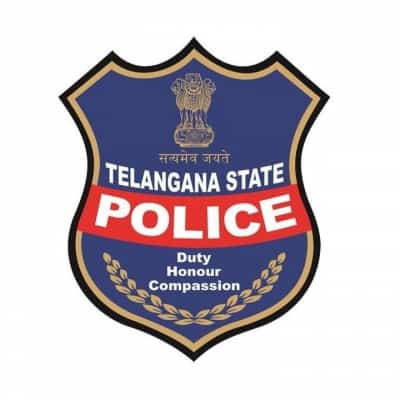Hyderabad, Sep 1 : Top Maoist leader Ganapathy, who is ailing for some time, is likely to surrender before the Telangana Police.
Ganapathy, whose real name is Muppalla Lakshman Rao, is reported to have conveyed to the top brass in the police that he wants to lay down arms.
The reports were yet to be confirmed but some police officers said they were ready to welcome surrender by any extremist.
Ganapathy, who hails from Jagtial district of Telangana, may surrender before the police along with some other leaders of the banned Communist Party of India-Maoist.
The 74-year-old is reported to be suffering from acute arthritis and other age-related ailments. He quit as the General Secretary of CPI-Maoist in 2018 on health grounds.
Explosives expert Nambala Keshava Rao alias Basvaraj succeeded him as the top leader of the outfit. Ganapathy himself proposed the name of Keshava Rao as his successor at the outfit’s Central Committee meeting and it was accepted by the other members of the highest decision-making body of the CPI-Maoist.
After quitting the top post in the organisation, Ganapathy continued as a member of the Central Committee.
Hailing from Birpur village of Jagtial, he had joined the banned CPI-ML-People’s War Group some 40 years ago.
Son of a farmer, Ganapathy holds B.Sc and B. Ed. degrees and was a teacher before joining the rebels. He was considered close to PWG founder, late Kondapalli Seetharamaiah, who was arrested in 1993.
Ganapathy, who is seen as a Maoist ideologue, took over the reins of the organisation in 1993, and carries Rs 1.5 crore reward on his head.
He played a key role in formation of CPI-Maoist with the merger of CPI-ML-PWG and the Maoist Communist Centre (MCC) in 2004.
After the merger and the failure of first-ever direct peace talks with the government of then undivided Andhra Pradesh, the outfit suffered a series of setbacks following intense anti-Maoist operations by the state police.
The top Maoist, who is reported to be active outside Telangana and Andhra Pradesh, had admitted in an interview to the outfit’s prohibited magazine “People’s March” in 2019 that the revolutionary movement had been on the down side for last eight years.
Disclaimer: This story is auto-generated from IANS service.

